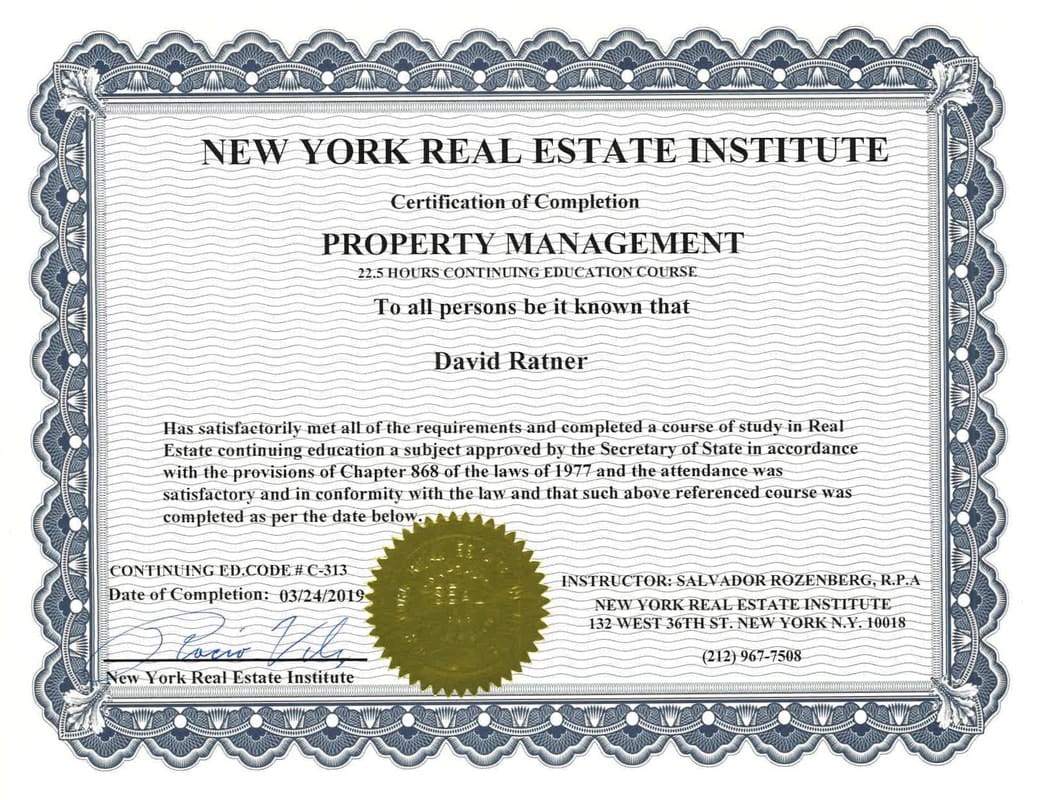Looking to excel in community association management? The Certified Manager of Community Associations (CMCA) certification could be your key to success. This comprehensive guide explores the benefits, requirements, and career impact of earning your CMCA, providing you with a roadmap to boost your professional trajectory.
Decoding the CMCA Certification
Considering a career in community association management or looking to advance your current role? The CMCA certification might be the perfect next step. This credential signifies a deep understanding of the intricacies involved in managing diverse community living spaces, including homeowners associations (HOAs), condominium communities, and cooperatives. It’s a globally recognized symbol of professionalism and commitment to ethical practices.
Why Pursue CMCA Certification?
Expand Career Horizons: The CMCA certification can open doors to a wider range of job opportunities. It signals to potential employers that you possess the skills and dedication required for success in this field, potentially making you a more competitive candidate. Studies suggest that CMCA-certified managers often command higher salaries compared to their non-certified counterparts, although the exact figures can fluctuate.
Gain Professional Recognition: The CMCA designation sets you apart, demonstrating a dedication to professional growth and the maintenance of high standards. This can enhance your credibility within the industry and your community.
Hone Essential Management Skills: The CMCA program is more than just a title; it emphasizes practical skill development. The curriculum covers key competencies, including financial management, legal compliance, conflict resolution, and interpersonal communication. These skills translate directly into improved management practices and smoother community operations.
Navigating the CMCA Certification Process
Complete a Prerequisite Course: The journey begins with an approved prerequisite course in community association management. This foundational course provides the essential knowledge needed for success in the certification process.
Conquer the CMCA Exam: Next, you’ll face the CMCA exam, a 120-question multiple-choice test administered by Pearson VUE. Thorough preparation is crucial, as you’ll have a limited time to complete the exam. Numerous study resources are available to help you prepare.
Formalize Your Certification: After successfully passing the exam, thoroughly review the CMCA Handbook, a crucial document outlining the requirements for maintaining your certification. Then, submit your application through the Community Association Managers International Certification Board (CAMICB), the governing body for the CMCA program.
Understanding the CAMICB and Recertification
The CAMICB develops, administers, and governs the CMCA certification program, ensuring its value and relevance. Maintaining your CMCA certification involves fulfilling continuing education requirements and adhering to their professional code of ethics. This ongoing commitment showcases your dedication to professional development and ethical practices.
Is CMCA Certification Right for You?
If you are serious about a career in community association management, the CMCA certification is a powerful tool. It represents a commitment to excellence and can unlock numerous career opportunities. While achieving certification requires dedication, the potential rewards are substantial. As the field evolves, ongoing research and development will likely shape the future of certification and professional development. Staying informed about these advancements is essential for continued professional growth. For those seeking further career advancement as a nurse aide, consider exploring our CNA renewal guide for North Carolina. Individuals interested in the cardiology field might find our certified cardiographic technician program to be a valuable resource.
What Does CMCA Mean?
CMCA stands for Certified Manager of Community Associations, a globally recognized credential for managers of HOAs, condominium complexes, and cooperatives. This certification, granted by the CAMICB, indicates a commitment to excellence in community management. A CMCA likely possesses a strong understanding of various aspects of the field, from financial and legal matters to property maintenance. These professionals adhere to a strict code of ethics and engage in continuous professional development.
Earning the CMCA designation is a testament to a manager’s dedication to professionalism and high-quality service. The CMCA credential can be a significant career booster, offering potential for advancement and higher earning potential. Studies suggest CMCA managers often command higher salaries than their non-certified counterparts. For communities, CMCA managers bring expertise and efficiency, potentially leading to cost savings and smoother operations.
Becoming CMCA certified involves completing an approved community association management course and passing a 120-question multiple-choice exam administered by Pearson VUE.
| Step | Description |
|---|---|
| 1. Education | Complete an approved community association management course. |
| 2. Examination | Pass the 120-question CMCA exam administered by Pearson VUE. |
In summary, CMCA stands for Certified Manager of Community Associations, a respected credential for community association managers. This certification offers advantages for both managers and the communities they serve, including career growth, higher earning potential, and improved management practices.
What is a CMCA in Florida?
In Florida, with its abundance of HOAs, condominium associations, and co-ops, the CMCA certification is particularly valuable. This internationally recognized credential, offered by CAMICB, signifies that a manager possesses the essential knowledge and skills for the job. In a state where community associations are prevalent, the CMCA provides reassurance to residents and board members. It suggests that the manager understands the specific challenges and legalities of managing a Florida community association.
The CMCA demonstrates a commitment to professional development and suggests that the manager is likely knowledgeable about relevant laws and regulations. While research is ongoing, early indications suggest that CMCAs may earn more than non-credentialed managers. The CMCA is often seen as a starting point for professional development, with some managers pursuing more advanced designations like the PCAM.
| Feature | Description |
|---|---|
| Designation | Certified Manager of Community Associations (CMCA) |
| Granting Body | Community Association Managers International Certification Board (CAMICB) |
| Scope | International, particularly valuable in Florida |
| Importance | Demonstrates fundamental knowledge and ethical standards |
| Benefits | Enhances credibility, career advancement, potential for higher salary |
| Further Development | Can lead to advanced certifications like PCAM |
While the CMCA is a valuable qualification, it’s not a guarantee of perfect performance. It’s a strong indicator of professional commitment, but the quality of work depends on various factors. Keeping up with ongoing research and best practices is key for all community association managers.
What is PCAM Certification?
The PCAM (Professional Community Association Manager) certification is the highest designation in community association management, awarded by the Community Associations Institute (CAI). This credential signifies expertise and dedication to best practices. Achieving PCAM status requires substantial experience, education, and examination. CAI mandates five years of direct experience, completion of six M-200 level courses, and passing the CMCA exam.
This rigorous process reflects the high level of responsibility associated with the PCAM designation. The benefits include enhanced career prospects, increased earning potential, and heightened credibility within the industry. The PCAM provides access to a network of skilled professionals, fostering collaboration and knowledge sharing. While the path to PCAM certification is demanding, the rewards are significant. It’s an investment in a future of excellence in community association management. Because ongoing research suggests that even experienced managers benefit from continuous learning, the PCAM program is designed to encourage ongoing professional development.
| Requirement | Description |
|---|---|
| Experience | Five years of direct community association management experience. |
| Education | Completion of all six M-200 level courses offered by CAI. |
| Examination | Passing the Certified Manager of Community Associations (CMCA) exam. |
Please note: This information is intended to be general guidance, not legal advice. Requirements may vary based on location. Consult the official CAI website for the most up-to-date information. The PMDP course needs to be completed within 5 years prior to undertaking the PCAM.
















